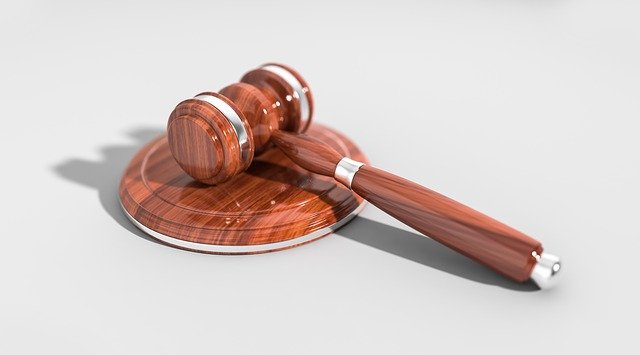Thousands of copyright infringement lawsuits are filed every year related to allegations of copying music or lyrics. To win a music copyright infringement case, the person filing the case must prove some sort of actual copying. In legal terms, the plaintiff must show “substantial similarity” between the plaintiff’s alleged original and the alleged copy.
One defense to music copyright infringement is a claim of independent or simultaneous artistic creation. This happens frequently. Imagine two songwriters living in different cities far apart writing a composition containing the same series of eight or 12 notes ascending the scale at about the same time. That is likely to be deemed independent creation.
To defeat a claim of independent creation and, also, to bolster proof of actual or indirect copying, one type of proof that can be offered is that the alleged infringer had access to the alleged original music. Imagine that we change our example and say the two songwriters live in the same city and, further, live next door to each other. The plaintiff might have evidence that, on some Saturday, he or she played the series of eight or 12 notes in a practice session that surely must have been heard by the neighbor. Then on Tuesday, the neighbor wrote a musical composition with the same series of eight or 12 notes. The spatial proximity and the temporal sequence can be used as indirect evidence of copying.
We can see a real-world example in a recent case from a federal court in Texas. See Batiste v. Lewis, Case Nos. 19-30400, 19-30889 (5th Cir. Sept. 22, 2020). In that case, Paul Batiste, a New Orleans musician, sued hip-hop artists Macklemore and Ryan Lewis for copyright infringement. Batiste alleged that Macklemore and Lewis copied one of his songs. Batiste argued that Macklemore and Lewis had access to his original song through “widespread dissemination” and because, once, the defendants played at a concert venue near a record store that sold Batiste’s music. The court rejected both claims. Batiste’s song was not popular and not widely known. Indeed, the court found that “all in all, dissemination of Batiste’s music was quite limited.” The court also rejected Batiste’s other argument. The court said that being near a store that sold Batiste’s records — along with 15,000 other records — creates only a “bare possibility” of access which is not near enough to prove music copyright infringement. Without proof of access, Batiste’s infringement claims were dismissed.
In many federal courts, there is a sliding scale of sorts with respect to access and the level of proof needed for “substantially similarity.” Generally, the more proven access to the original, the less similar the copy has to be to constitute copyright infringement. Legally, this is known as the “inverse-ratio rule.”
In a recent case involving Led Zeppelin’s “Stairway to Heaven,” the Ninth Circuit abolished the inverse-ratio rule. See Skidmore v. Led Zeppelin, Case No. 16-56057 (9th Cir. En. Banc. 2020). In doing so, the Ninth Circuit has joined many of its sister Circuits. For example, the Second Circuit located here in New York, abolished the inverse-ratio rule decades ago. Skidmore is an important case since the Ninth Circuit covers most of the far western United States including California where vast quantities of music are created, performed and produced. In abolishing the inverse-ratio rule, the Skidmore court noted that the concept of “access” has been increasingly diluted in our digitally interconnected world. The court also noted that the inverse-ratio rule actually punishes songwriters and musicians whose music is less well-known. As such, the rule favors the famous over obscure. The court noted that nothing in the Copyright Act suggests that less popular artistic works deserve weaker legal protection than more popular works. In the end, the court held that even a high degree of access to an earlier work does not diminish a plaintiff’s burden of showing substantial similarity between the works.
Contact an Experienced New York Music Lawyer Today
For more information, contact the business, entertainment and IP lawyers at Cordero Law. Our approach is to provide top-tier legal services by working with our clients rather than simply working for them. Our entertainment law practice focuses on the music industry. Having a good music lawyer is essential for the success of new and established artists. Contact us via our online Contact Page or by calling (212) 960-8890.

